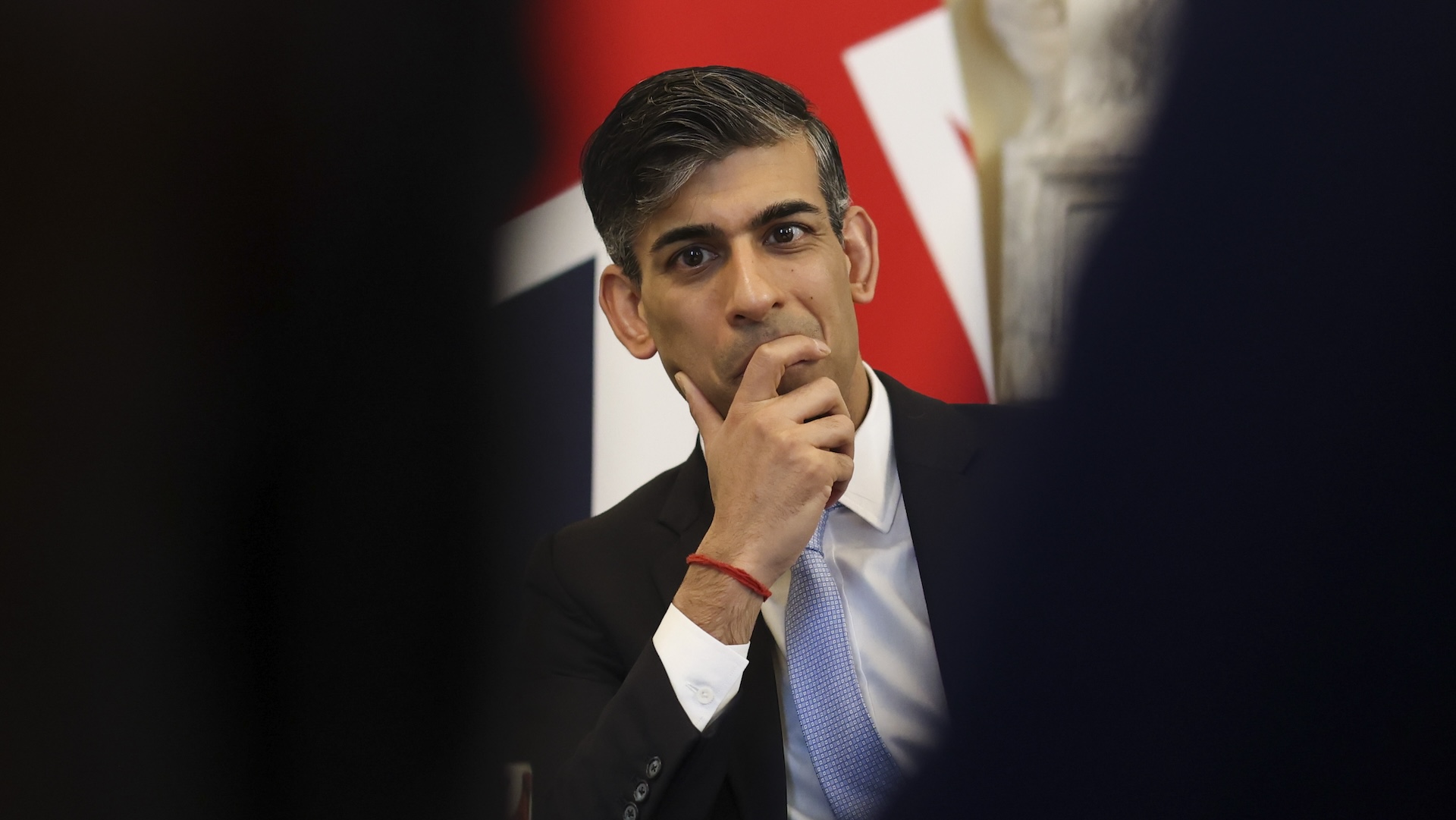You can tell a general election is coming. In the last fortnight alone, we’ve seen a succession of announcements on ‘welfare’ as Rishi Sunak seeks to mobilise harsh rhetoric, underpinned by punitive policy pledges, to win him support at the polls.
As well as committing to keep the two-child limit, a poverty-producing policy, which harms children simply because they are born into a family with two or more other children, Sunak has commenced an all-out assault on disabled people.
He promises that his Conservatives will rip up a so-called sick note culture, reform the work capability assessment to ensure less people are found to have limited capability for work, and overhaul the support provided by personal independence payments (PIP), with a focus on limiting support for those with what is being described as ‘mild’ mental health conditions such as depression and anxiety.
- DWP crackdown on disability benefits is already causing ‘unimaginable terror’, MPs warn
- We must spend time on eradicating poverty – not trying to accommodate it, says Big Issue founder
So far, so familiar. There is a long and shameful history of politicians weaponising welfare on the assumption that a tough, divisive rhetoric is a vote winner. And it has been unsurprising to see the media pick up on the announcements, especially given the millions who would be affected were they to be implemented.
But what this focus on Westminster politics all too often suggests is that the UK has one, unified social security system, when, in fact, this has not been the case for some time. Processes of devolution and localisation married with an increased use of discretion in social security policy means that an individual’s experiences of and entitlement to social security may differ markedly depending on where in the UK they live.
Take the current furore over disability benefits. While Sunak can promise to reform PIP, this will not affect claimants in Scotland who are instead entitled to claim new, devolved benefits: the adult and child disability payments.









